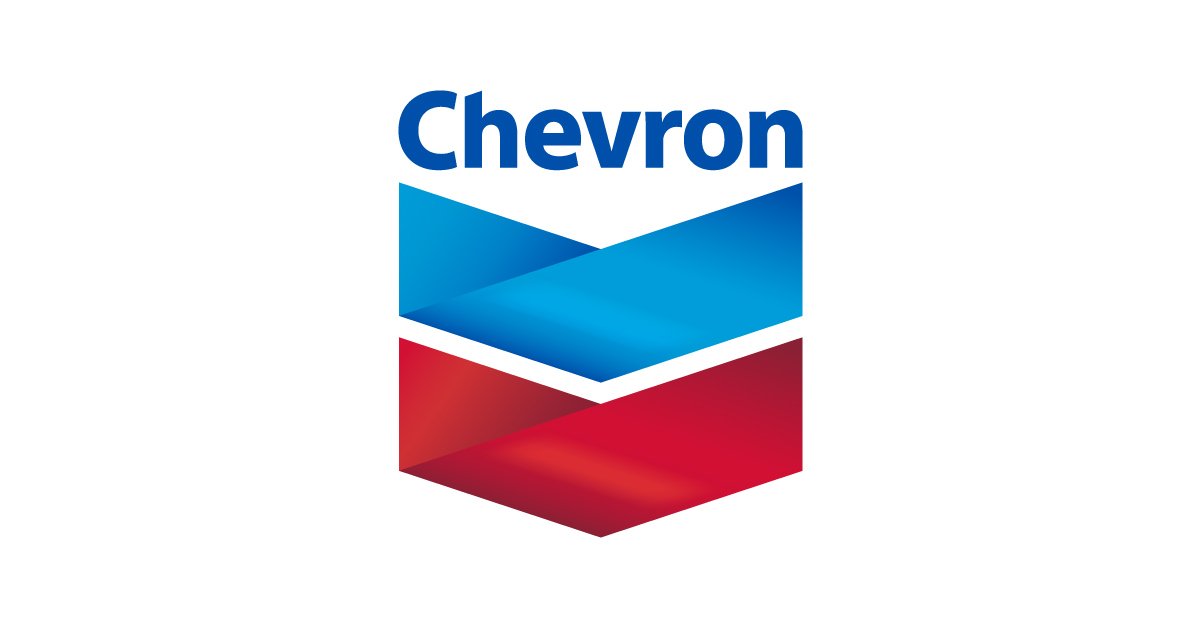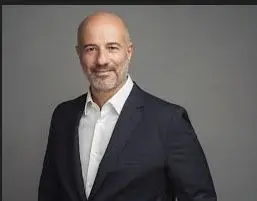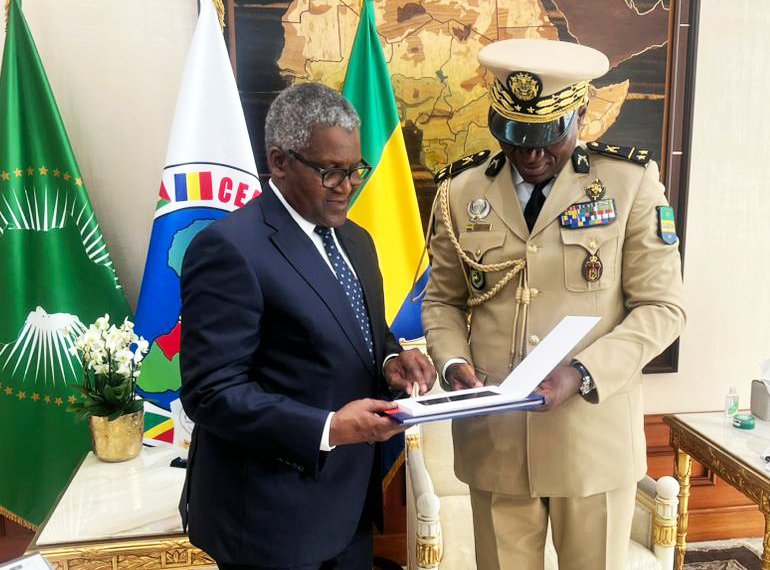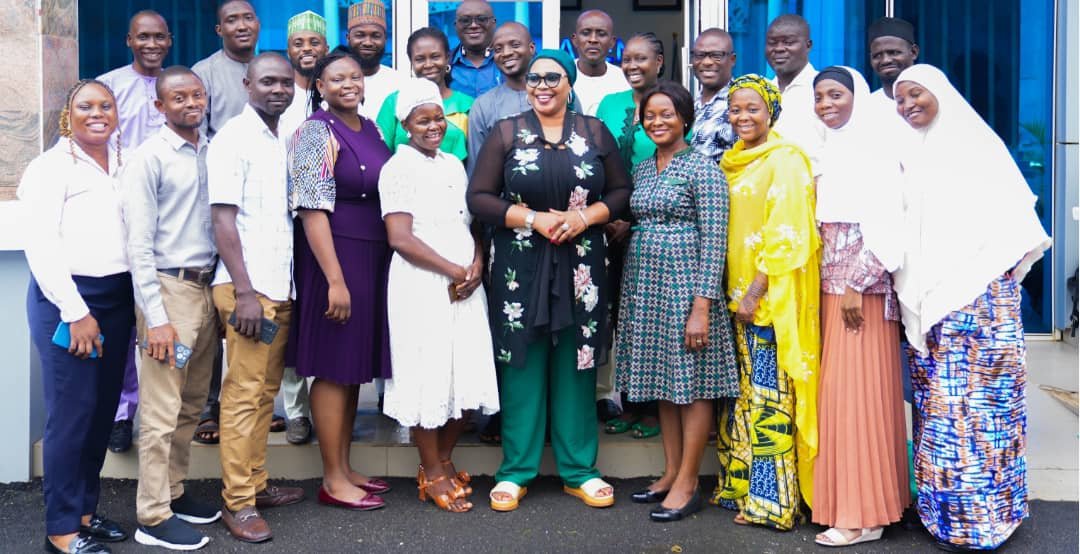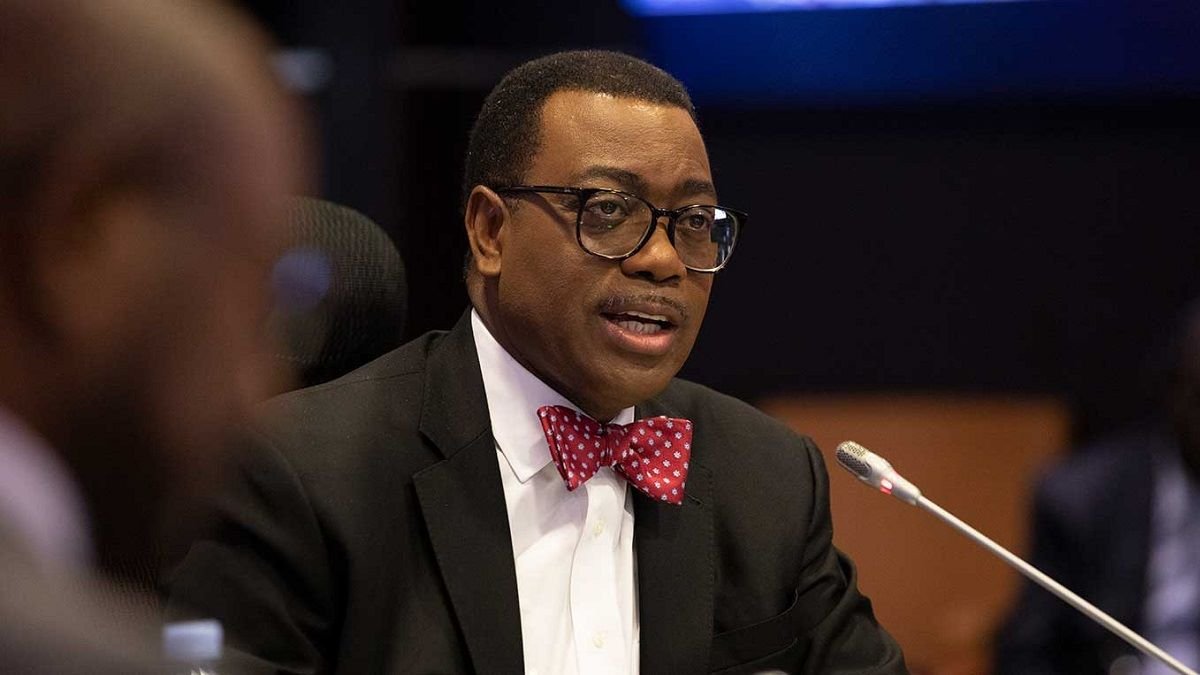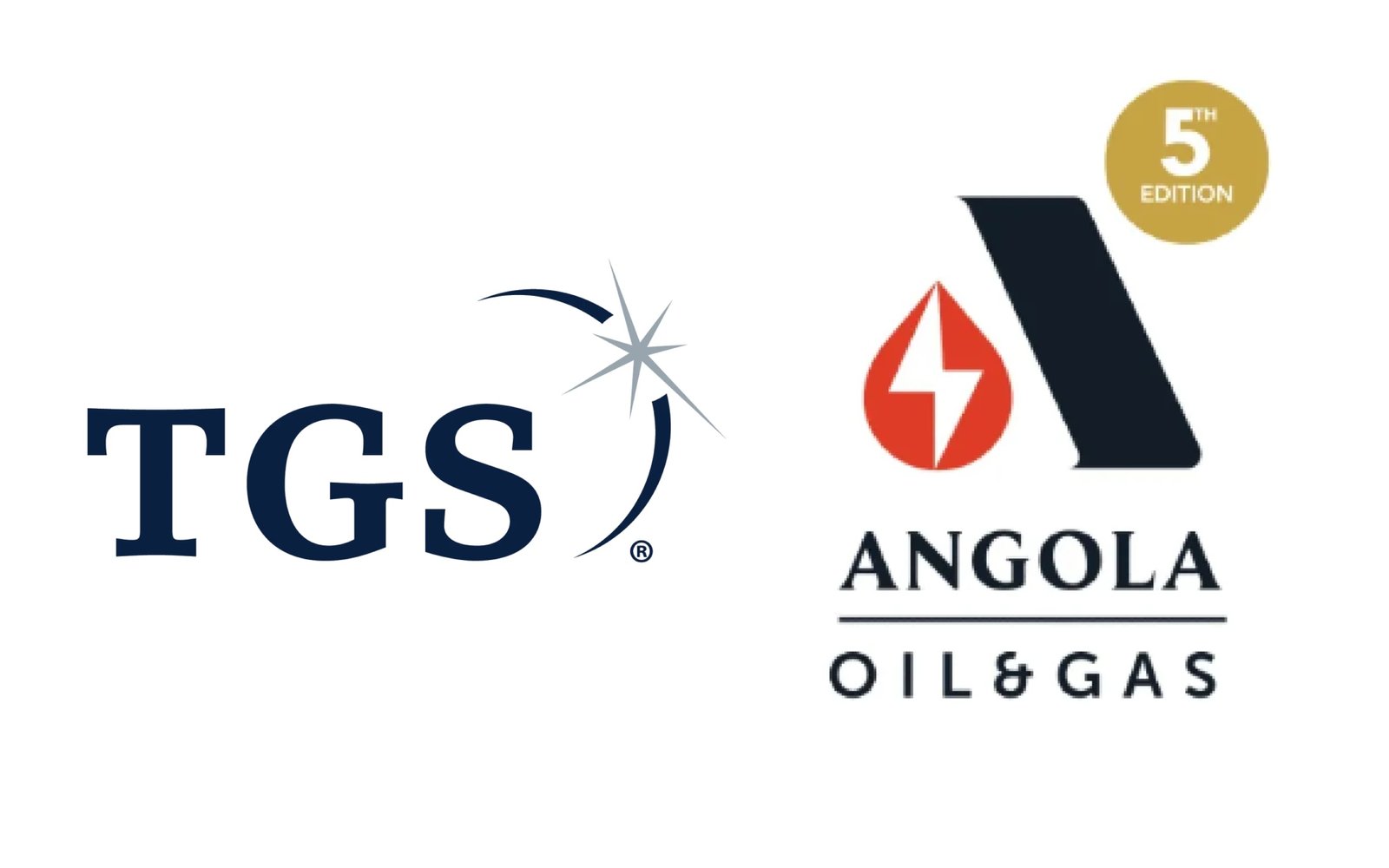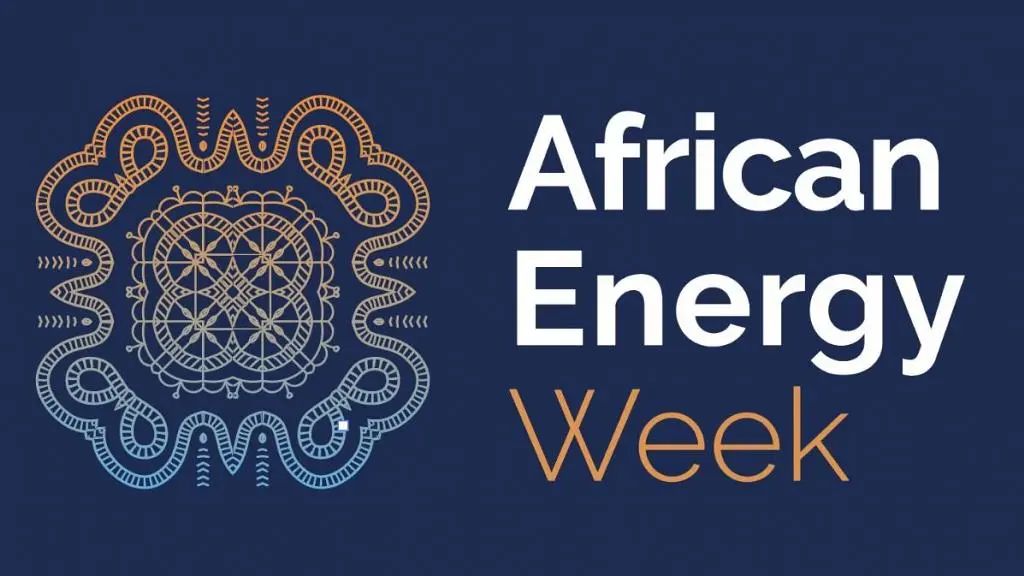UPSTREAM: We are one of the largest oil and gas producers making significant investments in Nigeria — Chevron
By Eyo Nsima
Chevron Nigeria Limited, CNL remains one of the leading oil and gas producers that has made significant investments in Nigeria for over 60 years.
Some of the investments included deepwater, gas development, and the West African Gas Pipeline, according to the 2021 Social Responsibility Report of the company obtained by The Daily, www.thedaily-ng.com.
Specifically, the report, stated: “Chevron is one of the largest oil and gas producers and investors in Nigeria making significant investments in the country for over 60 years. Through Chevron’s principal subsidiary in Nigeria, Chevron Nigeria Limited (CNL), the company operates and holds a 40 percent interest in six concessions in the onshore and near-onshore regions of the Niger Delta under a joint venture arrangement with the Nigerian National Petroleum Company Limited (NNPC). Chevron also does business through other affiliates in Nigeria.”
Deepwater investments
According to the report, “Chevron entities hold acreages in three operated and six non-operated deepwater blocks, with participating interests ranging from 20 to 100 percent. The Agbami field is located 70 miles offshore of the central Niger Delta, spanning 45,000 acres. This Chevron-operated field spans Oil Mining Lease (OML)127 and OML 128.
“The company holds a 30 percent non-operated participating interest in the Usan field in OML 138. The Aparo field in OML 132 and OML 140 and the third-party owned Bonga South-west field in OML 118 share a common geologic structure and are planned to be developed jointly. Chevron entities hold non-operated interests in the unitized area.”
Gas development
In the area of gas development, it stated: “Our overall gas strategy is to achieve low carbon in our operations, end routine gas flaring and build a profitable gas business through a portfolio of domestic and regional supply projects that fulfill the NNPC/ Chevron Joint Venture’s domestic gas supply obligation and support the Nigerian Gas Master Plan.
“CNL operates the Escravos Gas Plant (EGP) which has a processing capacity of 680 million standard cubic feet of natural gas per day and Liquefied Petroleum Gas (LPG) and condensate export capacity of 58,000 barrels per day. Chevron also operates the Escravos Gas-To-Liquids (EGTL) facility, which is designed to process 325 million cubic feet per day of natural gas from the EGP Phase 3A, turning this into premium-quality, low-sulfur diesel fuel and naphtha for export.
“The EGTL enhances diversification and commercialization of gas resources and continues to provide great value to Nigeria through its high-quality liquid products. The Sonam asset, which is 40 percent owned and operated by CNL is designed to process natural gas through the EGP facility to deliver 215 million standard cubic feet of natural gas per day to the domestic market. It also produces 30,000 barrels of liquids per day.”
West African Gas Pipeline
The report maintained that “Chevron is the largest shareholder in the West African Gas Pipeline Company Limited, which owns and operates the 421 miles (678-km) West African Gas Pipeline. The $1.2 billion flagship Economic Community of West African States (ECOWAS) project led by Chevron in Nigeria was designed to transport up to 475 million standard cubic feet of natural gas per day from Nigeria to markets in Benin Republic, Togo, and Ghana. corporate responsibility Chevron takes its role as a member of the Nigerian community seriously and is active in many corporate responsibility projects promoting health, education, and economic development.
“In 2005, CNL pioneered a community-led participatory partnership approach to community engagement in the Niger Delta aimed at improving community participation in meeting the social and economic development needs of communities close to its operations. This model called the Global Memorandum of Understanding (GMoU), gives communities a greater role in managing their own development through community-based platforms known as Regional Development Committees (RDCs).
“The objective of the GMoU is to ensure peace, sustainable development, and stability in areas where CNL operates. In 2015, the company launched the GMoU+ to build on the communities’ focus on growing small businesses, increasing household income and employment, and aligning with the United Nations Sustainable Development Goals (SDGs). However, with the enactment of the Petroleum Industry Act (PIA), the GMoU model will transition to the Host Community Development Trust (HCDT) to align with the provisions of the Act.”


